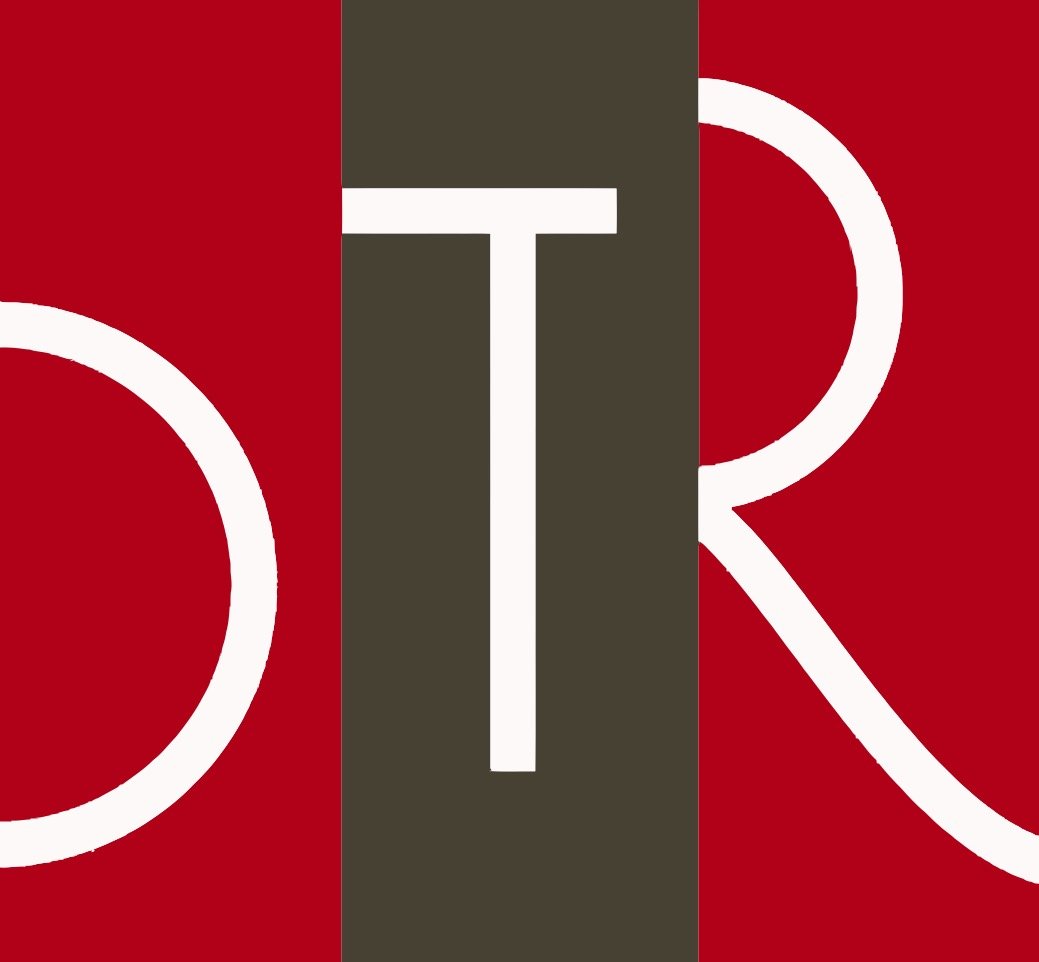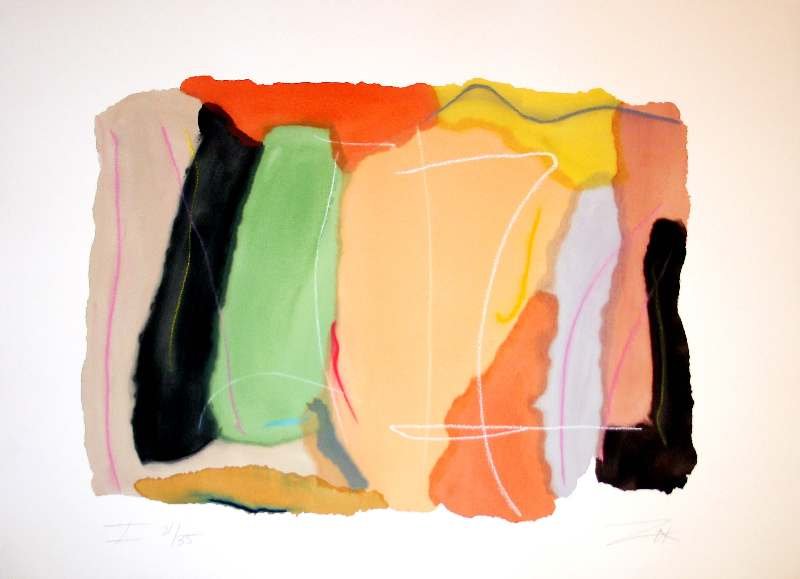Nazca Ridge I
Details
Edition
/35
Medium
Pochoir
Signature
Pencil Signed
Unframed Dimensions
40 x 59.5 in
101.60 x 151.13 cm
Year
1993
MORE FROM THIS ARTIST
ABOUT THE ARTIST
A native of Des Moines (1936-2006) Larry Zox was an abstract artist who utilized color and space in a unique way. He utilized color combinations with references to nature, music, or the city that surrounded him. But often there is a black section that is placed in the work for the sake of the painting's aesthetic alone. His work ranged from the harmonious to the unexpected.
Larry Zox’s, color-drenched, hard-edge canvases made a splash in the Color Field movement of the 1960's and led to a retrospective at the Whitney in 1973. His earliest efforts, from 1959 to 1962, are collages with Abstract Expressionist roots, free-form pieces of painted paper loosely stapled onto plywood. By 1963, though, his association with the coterie that included Frank Stella and Kenneth Noland was evident in his development of a geometrical scheme involving diamonds and diagonals.
In 1973 the Whitney Museum of American Art recognized his importance in the field by organizing a solo show of his work. The next year he was represented in the inaugural exhibition of the Hirshhorn Museum and Sculpture Garden in Washington, which owns 14 of his works. (The museum’s founder, the collector Joseph Hirshhorn, was a major Larry Zox collector.) But Mr. Zox’s career languished for some years after the long illness and death of his first wife, Jean Glover. Out of tune with the changing tastes of the New York art world, he exhibited at galleries around the country and taught or served as guest artist at several schools, among them Yale and Syracuse universities.
A mini-retrospective in 2005 at the Stephen Haller Gallery in Chelsea reintroduced him to a New York audience, with new canvases that were much freer in execution and more emotive than his mid career work. With nuanced brushwork, he painted loose, rough-edged vertical strips separated by streaky chalk white lines. Color is more important than structure in these more emotive arrangements.



